Seven Seas Bulletin September 20th 2020
In today's Seven Seas Bulletin we take a look at the decline in the sea otter population's connection to the marine ecosystem as a whole, a whale takes some researchers on a ride of a life time, a sea turtle gets its massive tumor looked at, new contaminants are being found in the blubber of cetaceans, and Hawaii has a fish poaching problem.
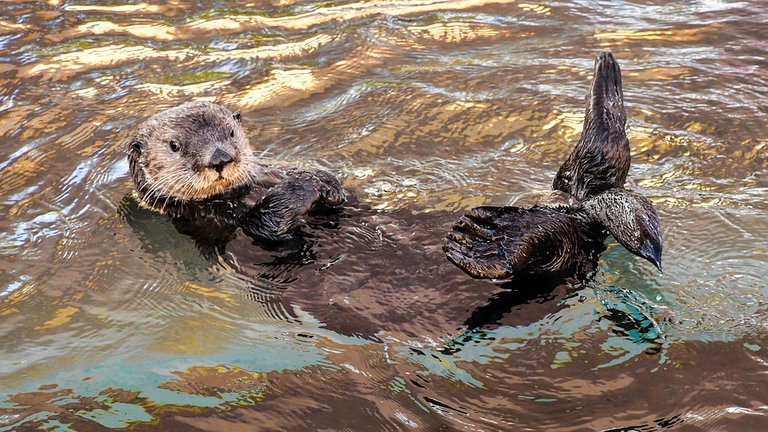
- When the otters vanished, everything else started to crumble
https://www.chicagotribune.com/pets/sns-nyt-otters-vanished-everything-crumbled-20200913-3nugsx6asje4toliqzr45ouyka-story.html
According to biologist Jim Estes, 90% of the sea otters of the Alaskan Aleutian Islands are now gone compared to 1970. Otters are a very important part of the marine ecosystem. They control the sea urchin population. When the sea urchin population is not controlled they can be extremely damaging to kelp forests and are damaging Alaskan reefs that have become softer due to acidified ocean waters, while warming waters are speeding up the "animal metabolism, driving urchins to eat even more enthusiastically than usual". Now the reefs are shrinking and the local ecosystem and its inhabitants are in danger.
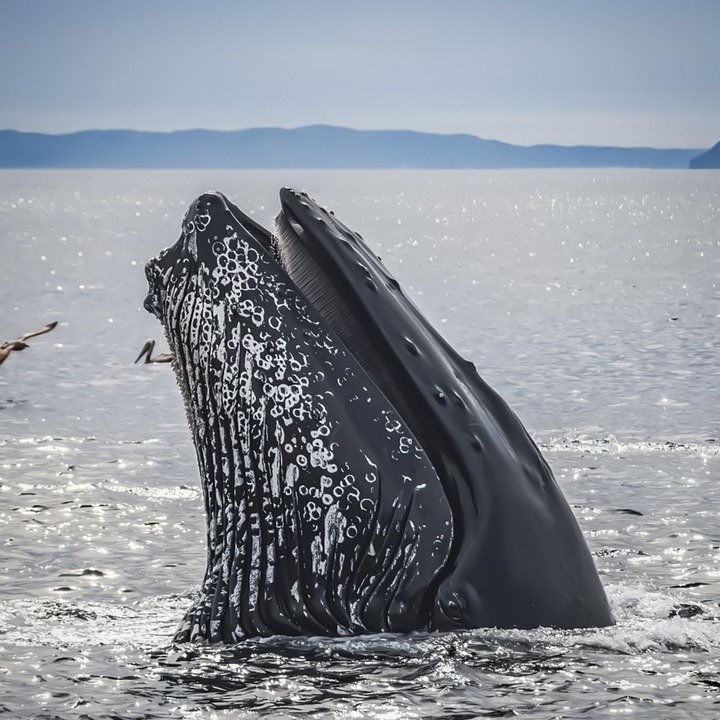
- 'This I’ve never seen before': Video shows whale lift, pull B.C. research vessel
https://vancouverisland.ctvnews.ca/mobile/this-i-ve-never-seen-before-video-shows-whale-lift-pull-b-c-research-vessel-1.5101789
Watch this video of a humpback whale taking some researchers on a rare once in a lifetime ride.
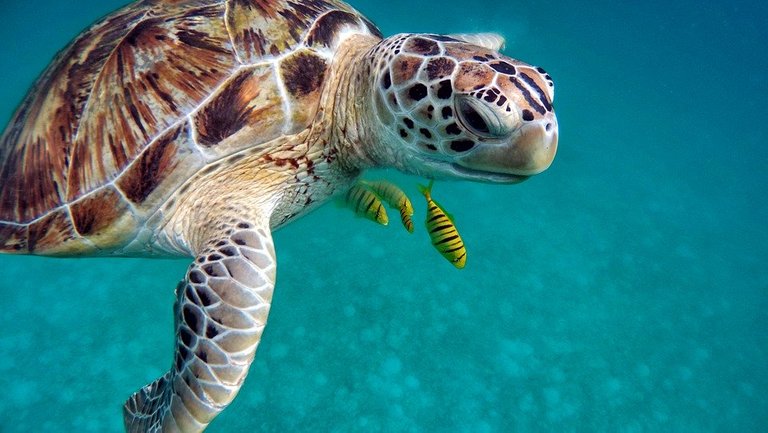
- ‘We’ve never seen a tumor this big,’ Florida Keys sea turtle rescuers say
https://www.miamiherald.com/news/local/community/florida-keys/article245845335.html
A loggerhead turtle nicknamed Chomper with a basketball sized tumor on one of its flippers has been rescued off the coast of Florida in the Duck Key. Veterinarians will soon attempt to remove the tumor and hopefully save Chomper's flipper.
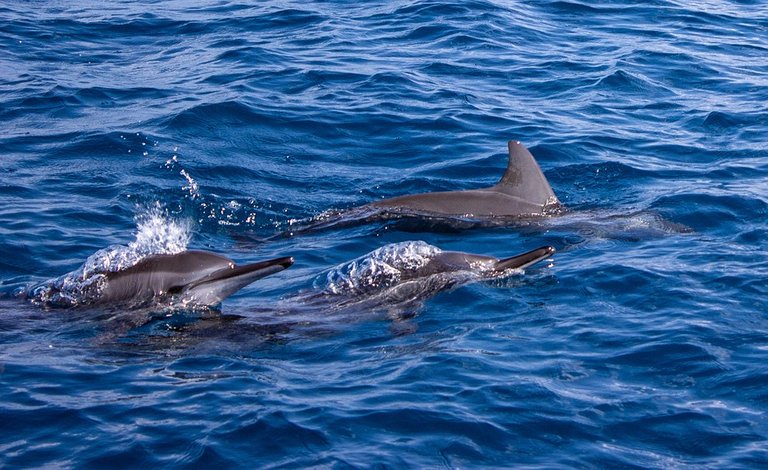
- Research Shows Range of Contaminants in the Blubber of Whales and Dolphins
The animals' bodies contained pollutants not found in dolphins before.
https://www.insidescience.org/news/research-shows-range-contaminants-blubber-whales-and-dolphins
One of the few pros of stranded cetaceans is it gives researchers a chance to take samples. Recently researchers in Florida have found reported discovering several human made pollutants that had not yet been found in dolphins before as well as several they were searching for. Data from this research may allow them to figure out what area the toxic chemicals were being dumped.
Some chemicals that hadn't been found in dolphins until now:
- atrazine, an herbicide. Studies suggest it is an endorphine disruptor.
- DEP, a chemical found in plastics, I believe its Diethyl phthalate
- NPE, "a chemical used in food packaging; and antibacterial and antifungal agents". I believe its Nonylphenol ethoxylates, which break down into NP. They are associated with reproductive development issues in rats, has been associated with breast cancer, and are toxic to fish and wild life.
Earlier studies have found flame-retardant chemicals, persistent organic pollutants (POPs), PCBs and even DDT.
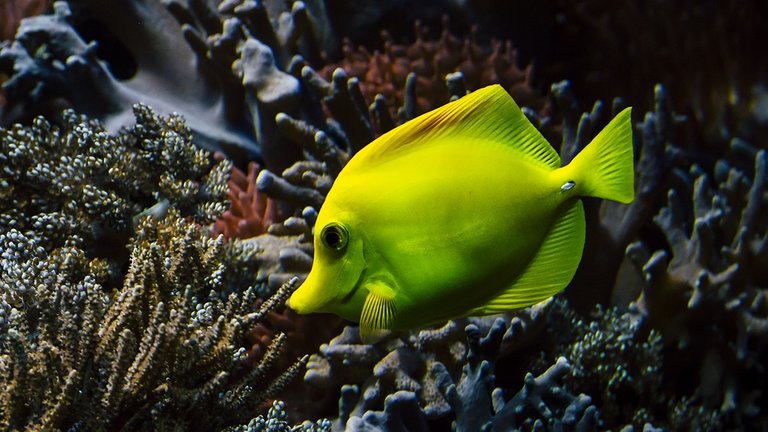
- Illegal aquarium fishing arrest prompts search and rescue mission
https://www.westhawaiitoday.com/2020/09/17/hawaii-news/illegal-aquarium-fishing-arrest-prompts-search-and-rescue-mission/
239 illegally caught reef fish, worth approximately $17,000, have been returned to the wild. The West Hawaiian waters have been off limits to aquarium fishing since 2017. There have been six arrests in the past seven months in West Hawaii. Poaching continues to impede the progress being made by the local marine ecosystem. Al more reason to insure you know where your animals are coming from if you decide to get a pet, even a fish. Remember you can even adopt a fish which both helps keep black market fish off the market and gives an animal a much needed home.
Follow us on Twitter, Twitch, Facebook, and our Blog.
Defend the Seas. Support sustainable fishing and aquaculture/agriculture practices. Don't pollute your local waterways. Donate to your local marine conservation charity.
All images courtesy of Pixabay.com
#seaturtles #dolphins #cetaceans #whales #marinelife #animals #plastic #pollution #enviromentalism #DefendTheSeas

Yay!
Your post has been boosted with Ecency Points. Keep up the good work!
Dear reader, Install Android: https://android.ecency.com, iOS: https://ios.ecency.com mobile app or desktop app for Windows, Mac, Linux: https://desktop.ecency.com
Learn more: https://ecency.com
Join our discord: https://discord.me/ecency